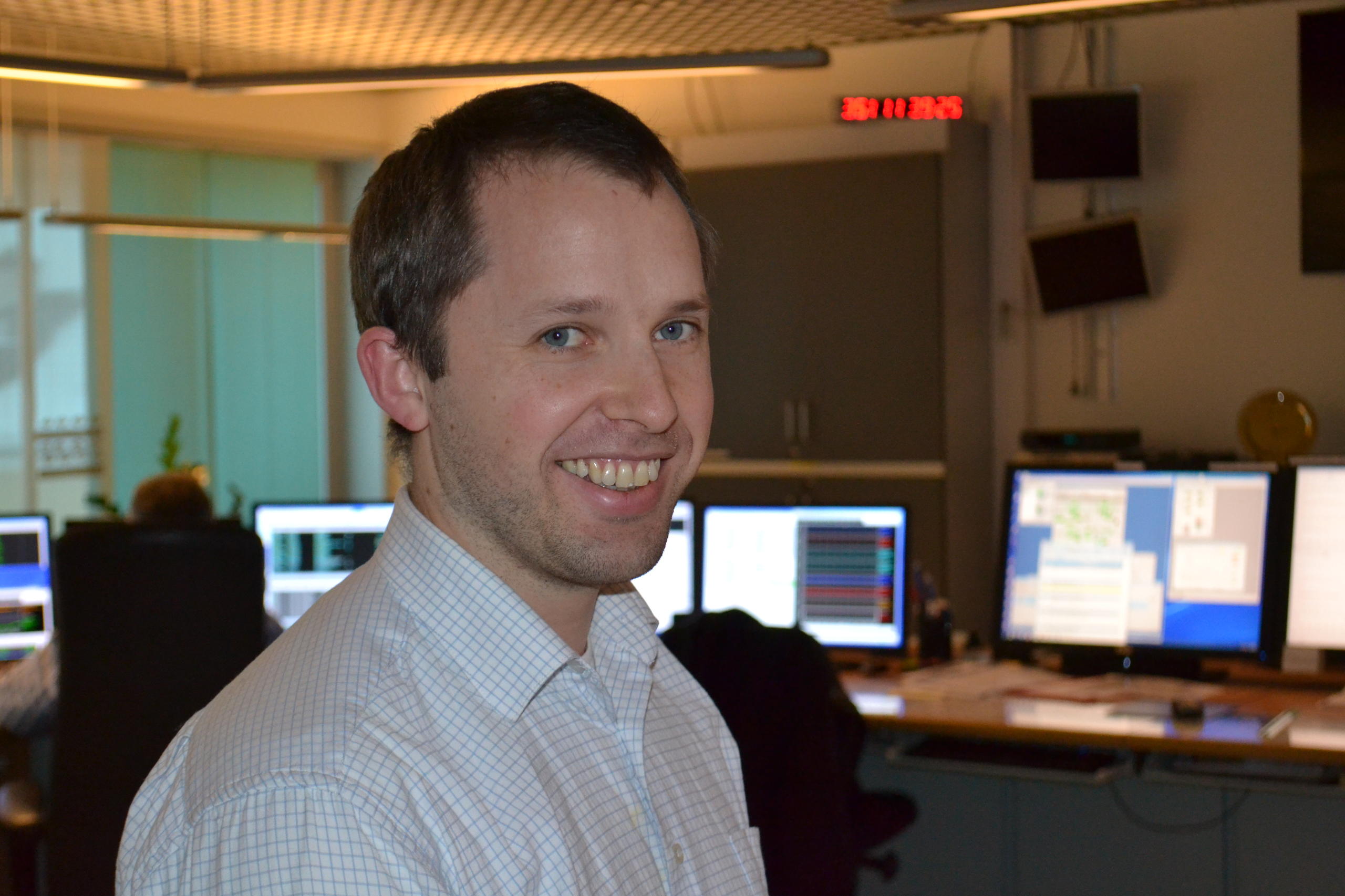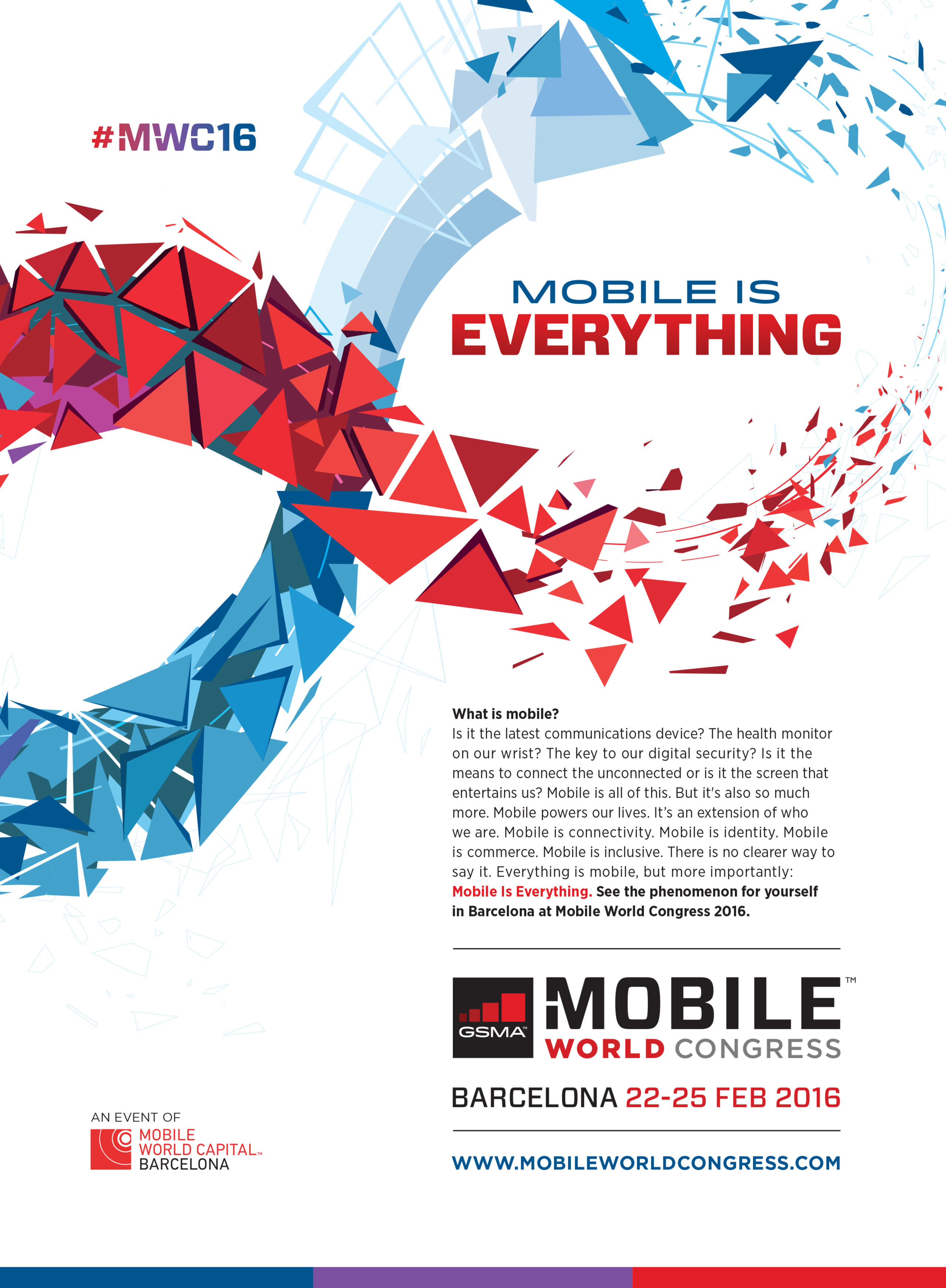
Generation Next: Frode Malen, Telenor Satellite
Via Satellite interviews the new blood coming into the satellite industry to get a glimpse of their aspirations and impressions for satelliteJuly 24th, 2023
Telenor Satellite is one of Norway’s biggest success stories and a magnet to young engineers. Frode Malen, a payload manager at Telenor Satellite, admits it was a professor at his university who triggered his interest in space. This ultimately led to Malen applying for the Young Graduates Training Program (YGT) in the European Space Agency (ESA) after a presentation that was made by the Norwegian Space Center — although he very nearly didn’t apply.

“She [the speaker] kind of put me off a little bit by saying it was hard to get into, and a lot of people were applying. I decided to apply for one of those training positions in Holland, and I got the position, and I moved to Holland straight after I had received my Master’s Degree. It was a great opportunity; it was a 12 month contract, and you are part of the team at ESA. You get a really good insight into the space industry in Europe. After I finished that, I found an opening at Telenor, which was very lucky,” he says.
Malen believes one of the issues the industry could have is that there is a perception it is a difficult industry to get into, and this might be something that is putting off young people. “I think the problem might be is that it is such a small field in Scandinavia, and even Europe as a whole, so you really have to have an international perspective on it. I think a lot of people have the perception that it is a very hard industry to get into,” says Malen. “They don’t realize it has so many different fields of expertize to make it work. Engineers are naturally attracted to the space industry, as it has been driving many things as regards to technology development. It is about communicating the possibilities to young engineers.”

To highlight the point, Malen admits that he really had no idea about ESA’s YGT until he was coming to the end of doing his Masters. He says there needs to be information in the universities so people know about these opportunities. “You don’t have to be an astronaut or a rocket engineer. You can be in software, for example, or electronics or RF engineering, etc.,” he adds.
Over the next 20 years, Malen believes satellites will be more intertwined in the communications systems than they already are with the coming of a lot of High Throughput Satellites (HTS). He believes satellites will drive down the costs of people having connectivity. In 20 years, he believes a lot of the communications people do on the move will be going through satellites. It will be connecting that last few percent of the world. “The landscape will change, but I think it will be more exciting,” he adds. VS